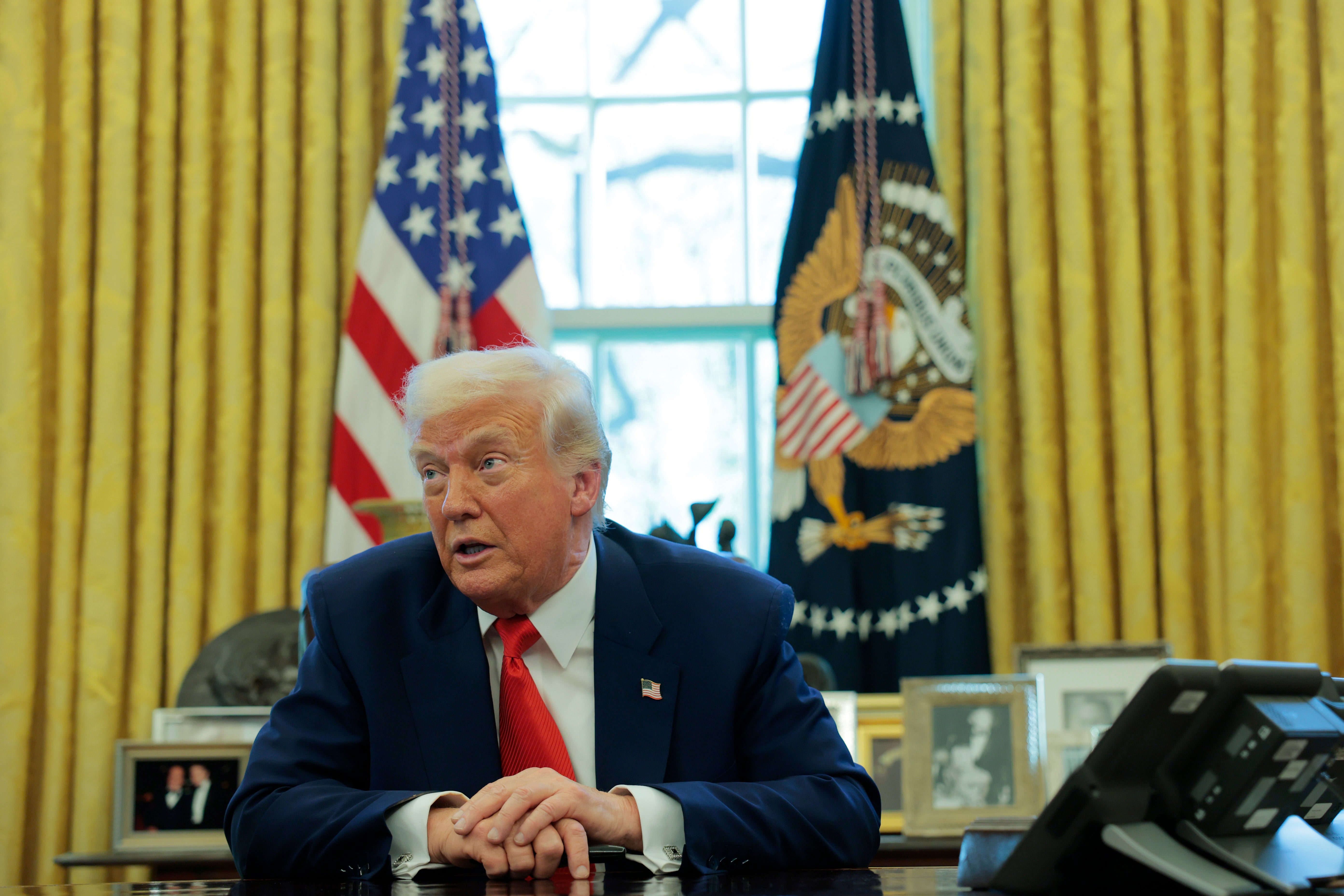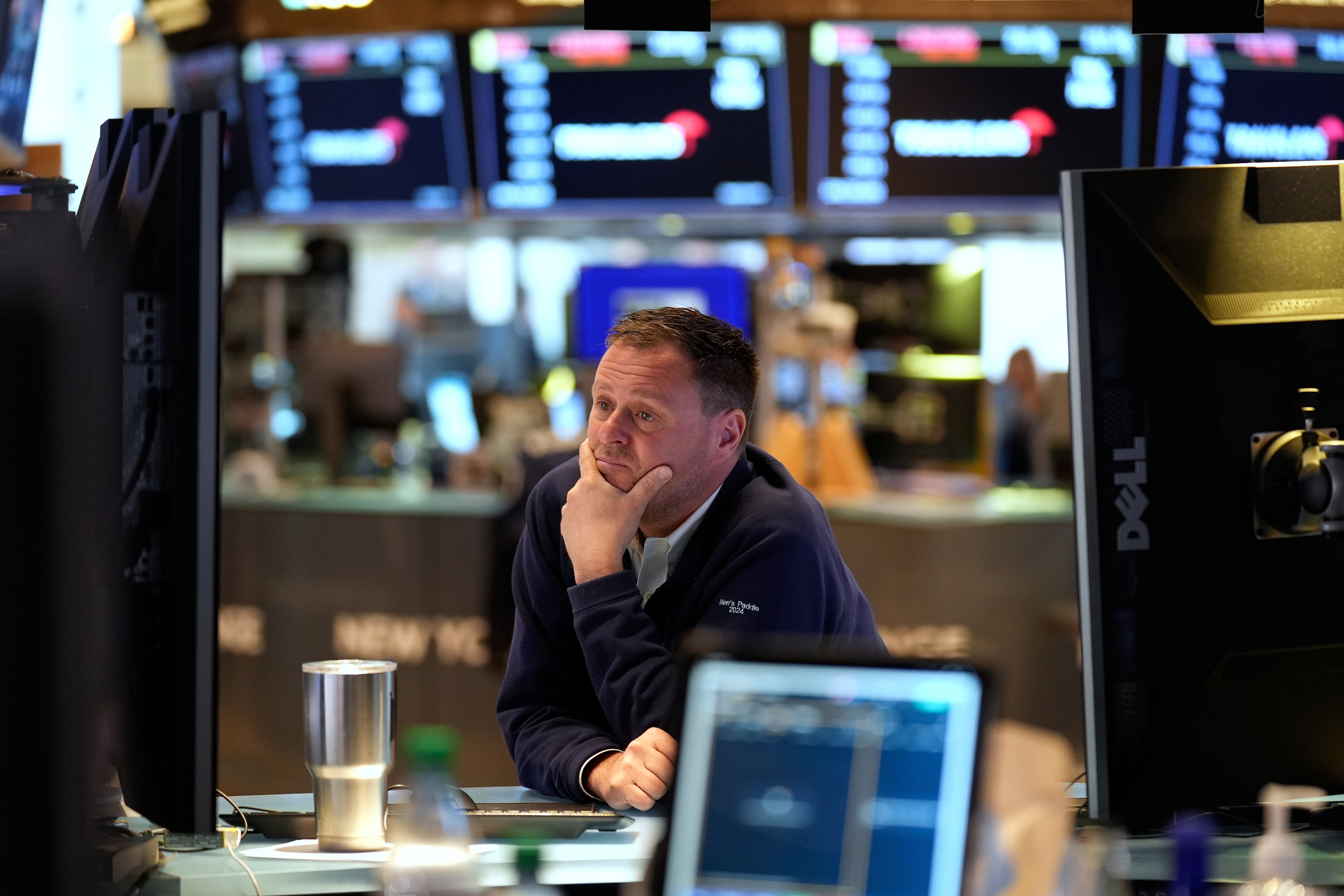Some fund managers concerned ‘that the White House is not acting rationally, but rather on ideology. And some even fear that this may not even be ideology’
As President Donald Trump’s back-and-forth on trade policies creates chaos in the financial markets, some fund managers are questioning the rationality of his decisions.
“In the last few days, we have had many conversations with macro fund managers,” Tom Lee, the head of research at the financial analysis firm FSInsights, wrote on Wednesday morning, before Trump backed down from most of his tariffs on U.S. trading partners.
“And their concern is that the White House is not acting rationally, but rather on ideology. And some even fear that this may not even be ideology,” he added. “A few have quietly wondered if the President might be insane.”
Lee’s comments were highlighted by The New Republic.
He blamed Trump for the economic consequences, adding that “multiple officials have stated they do not want nor expect a recession. And there are enough economy-savvy advisors that they are aware of this. Moreover, the two-to-three percent fiscal stimulus needed to reverse a recession would negate any promised cuts to government spending.”
“This is a rational view,” he wrote.

Some fund managers have questioned the reasoning behind some of Trump’s tariffs. (Getty Images)
Trump induced market volatility on Wednesday after he put in place significant tariffs on countries across the world before backtracking in the afternoon, instituting a 90-day pause on tariffs above a baseline of 10 percent on all countries apart from China. After China said it was setting an 84 percent tariff on the U.S., Trump responded by raising tariffs on the second-largest economy in the world to 125 percent.
After the pause was announced, the markets skyrocketed — the S&P 500 rose seven percent in minutes.
“If stocks begin to fail here, this would point to the rising probability we are facing a prolonged period of tightening financial conditions,” Lee wrote on Wednesday morning, ahead of Trump’s backing down and putting in place a pause. “Thus, the longer this volatility lasts, the greater the risk the US and the world are getting pushed into a needless recession.”
Trump’s tariff reversal came after he watched an interview on Fox Business with JP Morgan Chase CEO Jamie Dimon, during which the bank boss said that a recession was a “likely outcome” of the new trade policies, according to the Washington Post. While noting that tariffs can be used to improve trade, Dimon pushed the president to give some time to Treasury Secretary Scott Bessent to strike deals with other countries.

Wall Street has had to react to volatile markets since the tariff announcements. (Copyright 2025 The Associated Press. All rights reserved.)
“I’m taking a calm view, but it could get worse,” said Dimon.
Trump was asked by a reporter on Wednesday when he decided to put a pause on the tariffs.
“I would say this morning. Over the last few days, I’ve been thinking about it. Fairly early this morning,” he said.
On Thursday, National Economic Council Director Kevin Hassett said that the pause was “based on good faith conversations” and that there are roughly 15 countries that have made offers to the U.S.
“The pause was based on good-faith conversations. I was on a call with the president and the president of Switzerland yesterday morning that was incredibly congenial,” Hassett told reporters at the White House, according to CNN.
He added that he expects “quite a movement” of world leaders at the White House in the next few weeks.
Hassett noted that the U.S. Trade Representative “has informed us that there are maybe 15 countries now that have made explicit offers that we’re studying and considering and deciding whether they’re good enough to present to the President.”

Leave a Reply